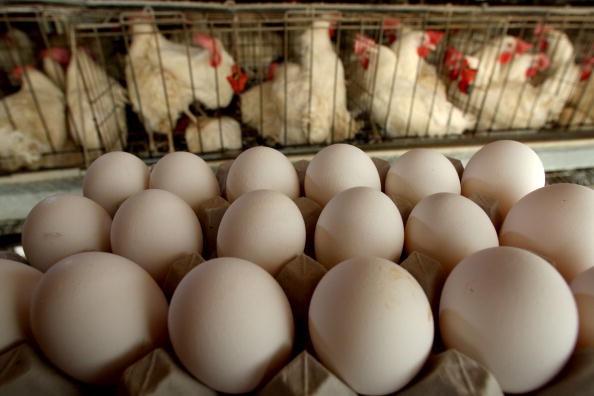
The "mutant" chicken has just received an approval from the US Food and Drug Administration.
But before you think you're might consume it anytime soon, the FDA has made it clear that this is mainly for drug production purposes only, a growing trend known as the farmaceuticals.
The said chickens will be able to lay eggs that contain a very important protein stored in the whites. From the protein, the scientists can develop an enzyme called Kanuma or sebelipase alfa, which is needed by people who have lysosomal acid lipase deficiency (LAL). It is an inherited condition characterized by the body's inability to break down fatty molecules. It has an orphan status, which means the drug is intended to treat a disease that is so rare there's no cure to it yet.
The deficiency can be very deadly depending on when it's diagnosed. While infants can die very quickly, adults fare better but with complications as the fat accumulates in the vital organs such as the liver and the spleen. So far, doctors can only provide management of the symptoms such as statin prescription, although it doesn't have huge positive effect on the illness.
One of the best ways to treat it is by synthesizing the enzyme in a lab setting, but this can be time-consuming and labor intensive. By allowing chickens to "reproduce" the drug, labs can acquire a lot of it at a much faster rate.
The altered DNA that contains the genetic code necessary to produce the protein from which the enzyme can be extracted and synthesized can then be passed on to the succeeding generations of chicken without serious side effects to the animals and to the environment. The FDA also believes that the chances of these chickens entering commercial produce are very low since they are developed in indoor facilities.
This isn't the first time that animals are used for creating drugs. Trangenic rabbits have been grown to create a drug for hereditary angioedema.



